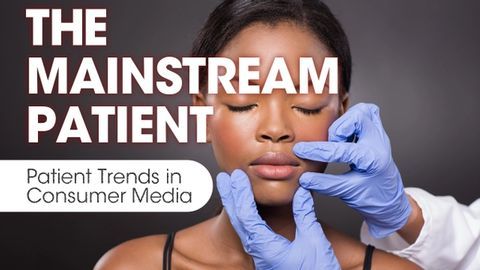- Case-Based Roundtable
- General Dermatology
- Eczema
- Chronic Hand Eczema
- Alopecia
- Aesthetics
- Vitiligo
- COVID-19
- Actinic Keratosis
- Precision Medicine and Biologics
- Rare Disease
- Wound Care
- Rosacea
- Psoriasis
- Psoriatic Arthritis
- Atopic Dermatitis
- Melasma
- NP and PA
- Skin Cancer
- Hidradenitis Suppurativa
- Drug Watch
- Pigmentary Disorders
- Acne
- Pediatric Dermatology
- Practice Management
- Prurigo Nodularis
- Buy-and-Bill
Article
The Mainstream Patient: June 30
Author(s):
In this week's edition, we feature articles about expired sunscreen, uses for cortisone cream, Johnson & Johnson deciding to stop selling skin lightening products overseas, a warning from the FDA about possible toxic hand sanitizers, plus more.
Introducing The Mainstream Patient, a weekly glimpse into what your patients may be reading in the media about skin health.
In this week’s edition, Allure writes about the U.S. Food and Drug Administration’s recent warning on potentially toxic hand sanitizers, how aesthetic providers are turning to providing treatments outside of the office amid the COVID-19 pandemic and how to tell if your sunscreen has expired. Meanwhile, Glamour explains the difference between retinoids versus retinol and Shape reveals all of the ways to utilize cortisone cream. Finally, Elle reports that Johnson & Johnson will cease selling of skin lightening products overseas.
Johnson & Johnson Will Finally Stop Selling Skin Lightening Products Overseas
These 9 Hand Sanitizers Might Be Toxic, According to the FDA
Retinoid vs. Retinol: When to Use Each and Why
Does Sunscreen Expire? How to Tell If Your SPF Has Gone Bad, According to the Experts
All the Ways You Can Use Cortisone Cream, According to a Derm
Newsletter
Like what you’re reading? Subscribe to Dermatology Times for weekly updates on therapies, innovations, and real-world practice tips.



